The Bank of England is to ask the public to nominate a scientist as the face of the new plastic £50 note, with Ada Lovelace, a 19th-century mathematician known as the “grandmother of computing”, an early frontrunner alongside Stephen Hawking and Nobel prizewinner Dorothy Hodgkin.
In the light of the “Boaty McBoatface” fiasco, the Bank said it would not be bound by a public vote but would instead open a six-week window for names of scientists to be put forward for its “character selection process”.
The scientist must be British and dead, as the Queen is the only living person featured on a Bank of England note. The person could be either male or female, although as no woman has ever featured on the reverse side of the £50 note the Bank is expected to come under pressure to select one.
Women in the frame include Lovelace, the chemist Dorothy Hodgkin and Rosalind Franklin, who played a crucial role in decoding the structure of DNA. Hawking, who died in March, is likely to be a popular choice.
The move immediately sparked debate among scientists with Prof Brian Cox tweeting his support for Hawking.
I'd like to see Stephen Hawking on the £50 note. He made invaluable contributions over half a century to our understanding of cosmology, the early universe and black holes. He also inspired thousands of scientists + millions of people, me included, through his books and lectures. https://t.co/ueBXgqqoPL
— Brian Cox (@ProfBrianCox) November 2, 2018
Although the bank would generally expect candidates to have been deceased for 20 years or more, it said Hawking would still be eligible and it expected to receive nominations for him.
The Bank governor, Mark Carney, said: “I am delighted that the new £50 will celebrate the UK’s contribution to science. There is a wealth of individuals whose work has shaped how we think about the world and who continue to inspire people today.”
Venki Ramakrishnan, the president of the Royal Society, the UK’s leading academy of scientists, said: “I would personally pick Dorothy Hodgkin, the only female Briton to have won a science Nobel prize. We can thank Dorothy for revealing the three-dimensional structures of many biologically important molecules such as penicillin, insulin and vitamin B12, as well as inspiring several generations of leading crystallographers.”
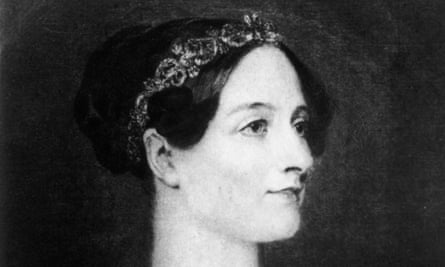
The decision to select a scientist ends a number of popular campaigns launched in recent weeks. A petition to have the £50 note feature England and Leicester City football defender Harry Maguire riding an inflatable unicorn won the support of 53,000 people. It proved more popular than a rival petition to “Put Maggie [Thatcher] on the Fifty,” which garnered just 18,000 signatures.
But it also rules out the campaign, supported by political figures including Sayeeda Warsi and the transport minister Nusrat Ghani, to honour Noor Inayat Khan who spied for Britain in occupied France during the second world war and was posthumously awarded the George Cross. She would have been the first Muslim, indeed the first member of any ethnic minority group, to feature on a Bank of England note.
Despite the rise of the cashless society and popularity of contactless payments, the Bank of England said demand for the £50 note is continuing to rise. There are 330m £50 notes in circulation with a combined value of £16.5bn. The current note features Matthew Boulton and James Watt, whose steam engines led to the mechanisation of factories and mills.
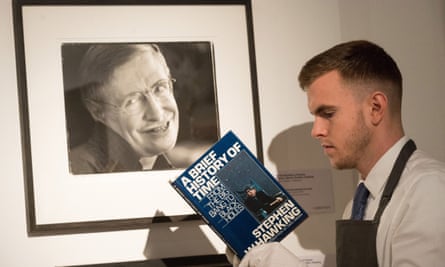
The Bank is yet to set a date for the new note to go into circulation. It has only said that it will launch after the polymer £20 is introduced in 2020, featuring the painter JMW Turner.
Potential candidates
Dorothy Hodgkin (1910-1994)
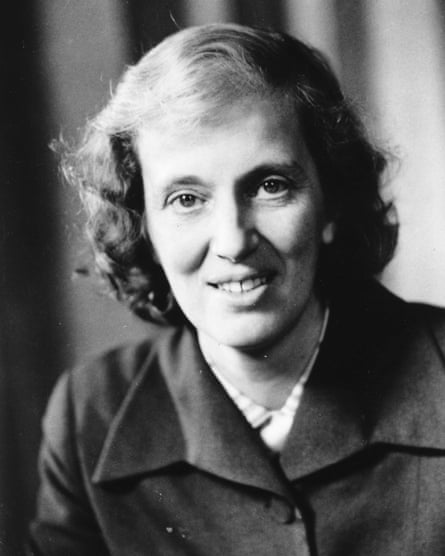
The only British woman to become a Nobel science laureate. Hodgkin won the 1964 chemistry prize for her pioneering work on protein crystallography and the structures of vitamin B12 and penicillin. Her work helped to unravel the detailed 3D structures of proteins, including insulin.
Ada Lovelace (1815-1852)
Tutored in mathematics, Lovelace met Charles Babbage at a party in her teens and was wowed by a demonstration of his mechanical calculator, the Engine. She worked closely with Babbage and foresaw how computers might process more than mere numbers, and one day perhaps create music. She is credited with publishing the world’s first computer program.
Rosalind Franklin (1920-1958)
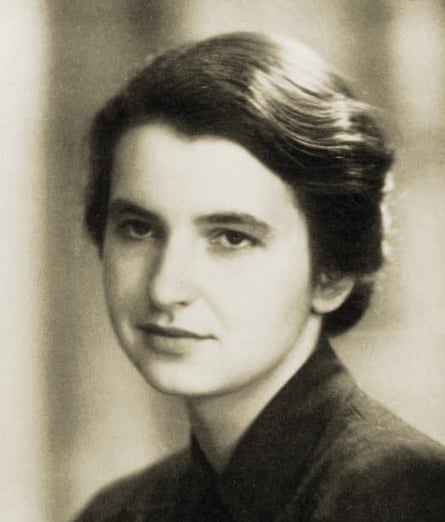
Franklin perfected her skills as an X-ray crystallographer in Paris before returning to King’s College London where she took on the challenge of decoding the structure of DNA. During a visit to the lab, her Cambridge competitors James Watson and Francis Crick saw her beautiful, unpublished “photo 51”, which helped them to create their model of the DNA double helix. After her death at 37 from ovarian cancer, Crick said her contribution had been crucial.
Mary Anning (1799-1847)
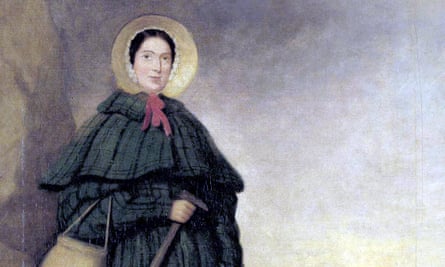
Born to a poor family in Lyme Regis, Anning spent her free time scouring the Dorset coastline for what she called “curiosities”. These odd pieces of stone turned out to be fossils and Anning went on to identify spectacular ichthyosaur, plesiosaur and pterosaur skeletons, along with fossilised fish and other marine creatures.
Alan Turing (1912-1954)
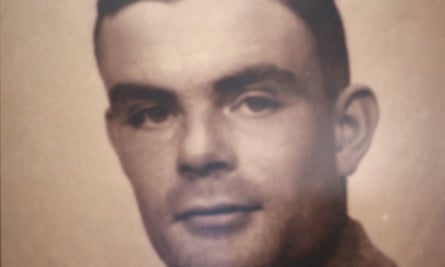
Mathematician and computer scientist who played a pivotal role in cracking the top-secret German military Enigma codes while at Bletchley Park during the second world war. Along with fellow code-breaker Gordon Welchman he developed the “Bombe” which from late 1940 was decoding all messages sent by the Enigma machines. After the war he worked at the National Physical Laboratory, where he designed the ACE, among the first designs for a stored-program computer. He was prosecuted in 1952 for homosexual acts, but rather than go to prison he accepted chemical castration. He took his own life in 1954 from cyanide poisoning.
Fred Sanger (1918-2013)
Born in Rendcomb, Gloucestershire, Sanger is the only Briton - and one of only four people in history – to win the Nobel prize twice. A Quaker and a conscientious objector in the second world war, he excelled at biochemistry and won his first Nobel in 1958 for identifying the amino acids that build up the insulin molecule. He went on to devise a way to sequence DNA earning his second chemistry prize in 1980. The Sanger Sequencing Method was the main technique used in the 1990 Human Genome Project which decoded the biological blueprints of human life.
Stephen Hawking (1942-2018)
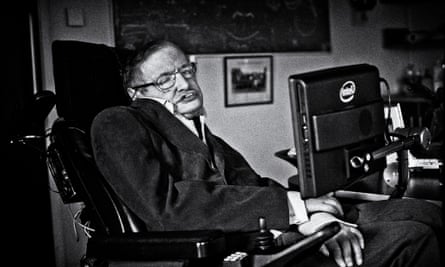
The cosmologist spent 30 years as the Lucasian professor of mathematics at Cambridge University, a post held by giants such as Isaac Newton, Charles Babbage and Paul Dirac. He became a towering figure in a career defined by insights into the origins of the universe, the nature of spacetime, and the perplexing mysteries of black holes, which Hawking famously concluded were not black after all. His 1988 book, A Brief History of Time, sold more than 10m copies.
Sir Peter Medawar (1915-1987)
The doctor, scientific philosopher, and writer is known as the “father of transplantation” for research that won the Nobel prize in 1960. His work revealed how the immune system rejects foreign tissues and so cleared the way for modern transplant surgery.
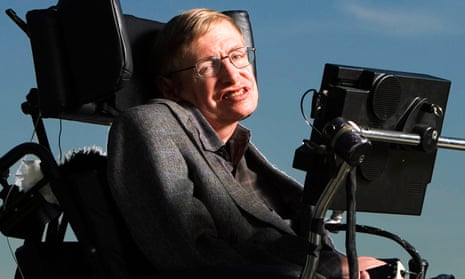




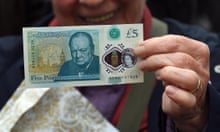





Comments (…)
Sign in or create your Guardian account to join the discussion